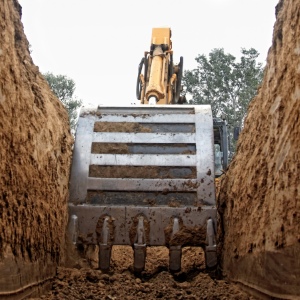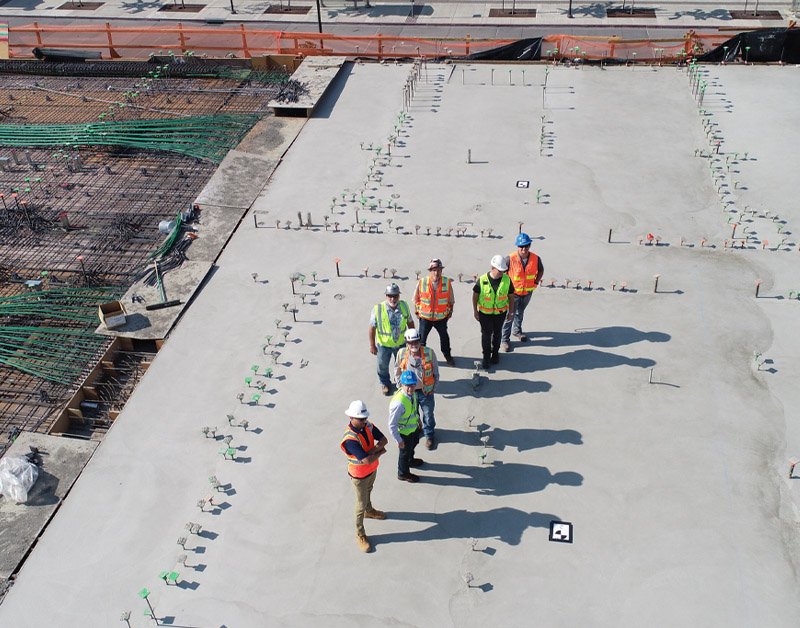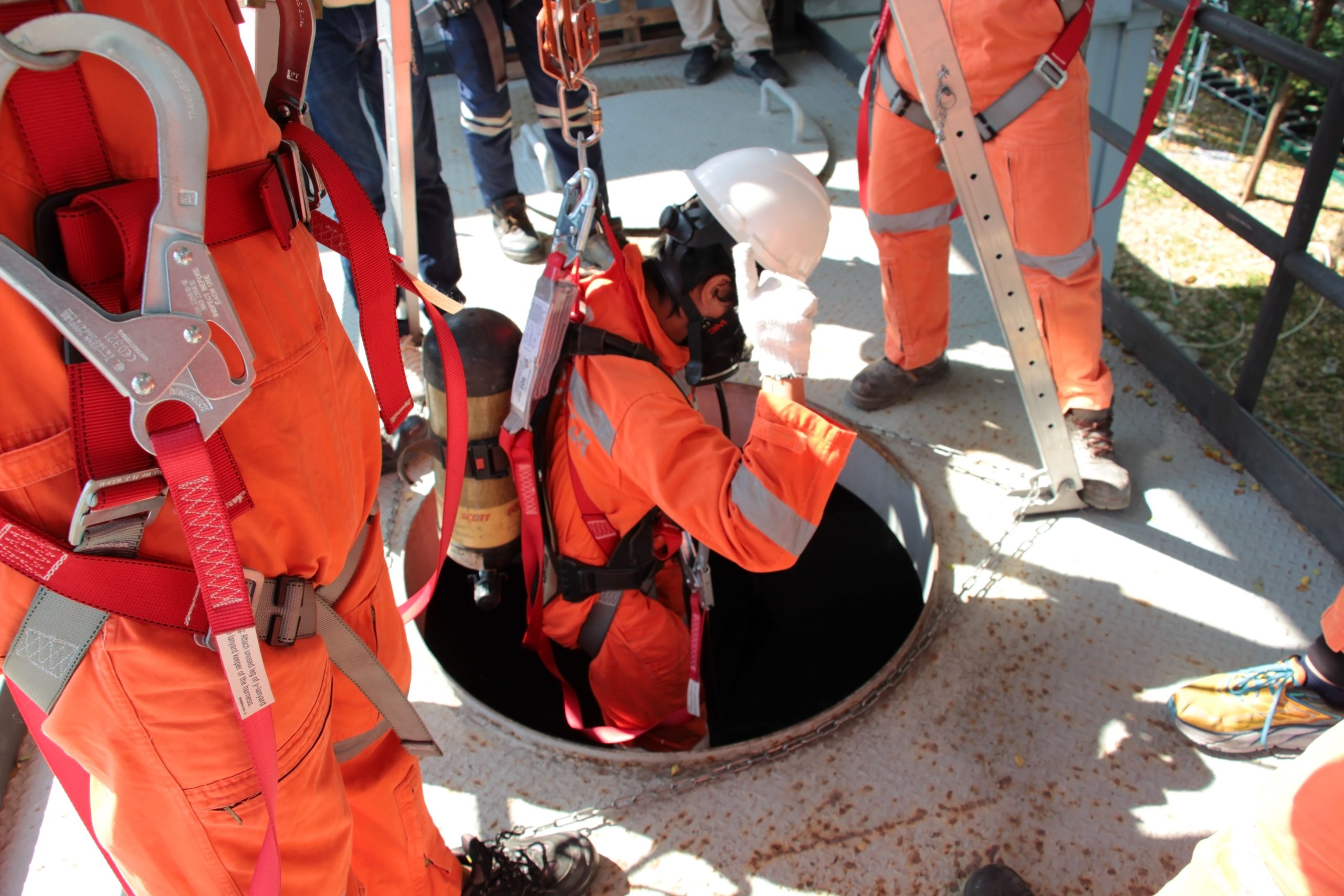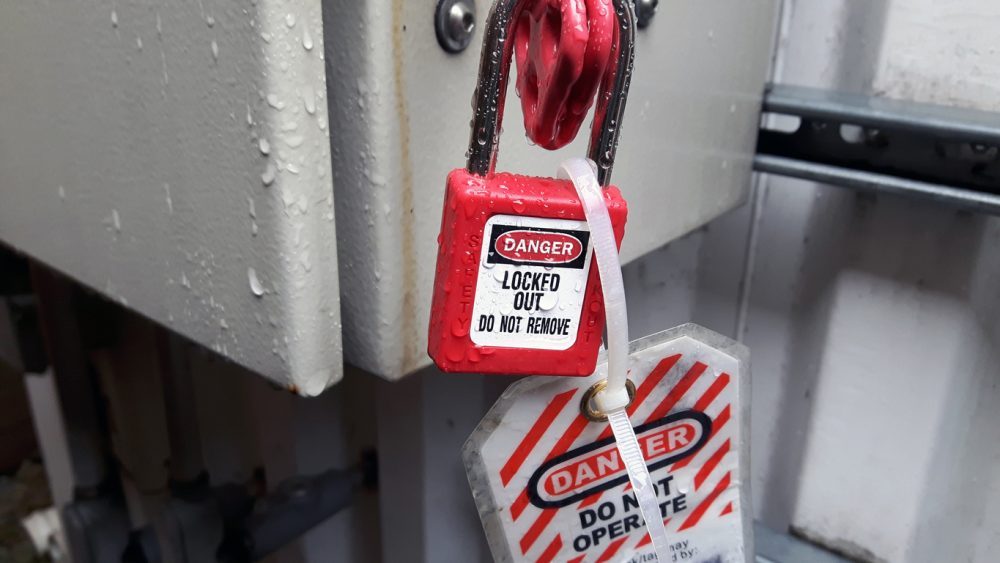Trenching and Excavation Safety Begins With Planning & Training
A worker climbs into a trench to do a simple task they’ve done hundreds of times in the past. Maybe they’re aligning a pipe or tightening a connection. Suddenly, the soil around them breaks free, following the path of least resistance, flooding the bottom of the trench, and burying the worker alive. Thousands of pounds of soil engulf the worker in a matter of seconds, crushing down on their body and chest. While they await rescue, they slowly suffocate and die in a hole they very well may have dug themselves; their very own grave. It would be nice if this were just a bit of fiction, but it is not. This is how 35 workers’ lives were tragically cut short between 2012 and 2015. These deaths could have been prevented with proper trenching and excavation safety guidelines.
The worst part of these tragedies is that their employers failed them. It doesn’t matter who in the company is at fault, be it foreman or president, because assigning blame doesn’t change the fact that these tragedies happened, and those families lost husbands, wives, brothers, sons, daughters, and children. When employers send their employees into a situation as dangerous as a trench, there is a promise that they will do everything in their power to make sure their employees are as safe as they can possibly be from all predictable hazards. For these 35 workers, and the 40 more who died from other injuries from excavation and trench collapses, their employer failed their promises to ensure adequate excavation and trenching safety. Cave-ins are a predictable hazard in any excavation work, and protecting workers requires us to prepare for when the cave-in happens, not if, it 
Protecting workers begins with having a trained, competent person. The competent person must be someone capable of identifying existing and predictable hazards, and is authorized to take prompt corrective measures to eliminate or controls these hazards. This person has the training and experience to ensure that proper protection is in place before employees enter excavations. Competent persons protect your employees; they also are required by OSHA as part of a written plan for excavation and trenching safety.
Why is a competent person necessary?
There are numerous reasons, but they primarily go back to the hazards of excavations and the protection requirements. A competent person understands the hazards that different soil types can present, and can determine what protections are necessary to keep workers safe. OSHA classifies soil into three types: Type A, Type B, and Type C.
- Type A soils: mostly clay; tends to be cohesive, and has greater compressive strength than the other soil types
- Type B soils: silty or loamy soils that are less cohesive than type A soils; have less compressive strength than A
- Type C soils: granular soils such as gravel and sand; also includes soil with freely seeping water or that is submerged; least cohesive soil, and least amount of compressive strength.
The only way to know for sure what type of soil you are dealing with is by using a penetrometer. If there is any doubt about what type of soil you have, Type C should be assumed.
Different soil types require different protective measures, too, including: pneumatic, hydraulic, or timber shoring; shielding; sloping; and benching. Each has its advantages regarding ease of use, margin of error, time to install, and cost of protection. The competent person needs to make the decision as to what type of protection is necessary for the conditions of each specific excavation. After all, no two locations are exactly alike, so each needs to be evaluated on its own merits.
Optimum Safety Management has Trenching and Excavation Safety Expertise
Trust Optimum’s safety consulting services to ensure your workplace safety is beyond the highest standards. Contact us to learn how a comprehensive safety plan can provide great benefit to your company.






